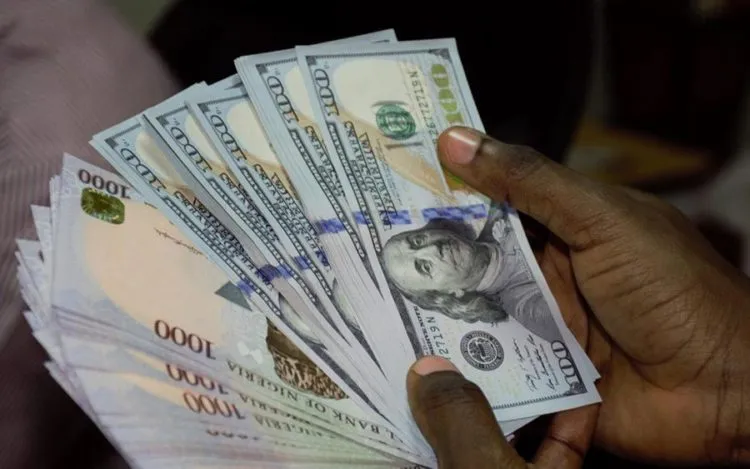All dealer banks in Nigeria have been told by the Central Bank of Nigeria (CBN) to handle the Personal Travel Allowance (PTA) and the Business Travel Allowance (BTA) electronically, using debit or credit cards. The central bank has also told authorised sellers not to give these allowances out in cash in dollars.
According to the order made by Dr Hassan Mahmud, Director of the Trade and Exchange Department at the Central Bank of Nigeria, this new policy is meant to make the foreign exchange market more open and stable while also reducing illegal activities that happen on it.
Read also: CBN waives cash deposit processing fees
In line with the CBN’s promise, the policy emphasises the new way of doing business abroad and using electronic methods to get personal and foreign trip allowances.
In Memorandum 8 of the Foreign Exchange handbook and the circular with reference FMD/DIR/CIR/GEN/08/003 dated February 20, 2017, the eligibility conditions for Personal and Business Travel allowances (PTA/BTA) are stated.
The Bank’s commitment to transparency and stability in the foreign exchange market and avoiding foreign exchange malpractices requires all Authorised Dealer Banks to payout PTA/BTA via electronic channels, such as debit or credit cards. Cash payments for PTA/BTA are no longer allowed. Authorised Dealers and the public must comply.
Significant dollar and forex issues for CBN
Nigeria faces major foreign exchange issues due to overseas education and medical tourism, according to Central Bank of Nigeria Governor Yemi Cardoso. At a House of Representatives hearing, Cardoso said $40 billion had been invested in these areas, depreciating the Naira to over N1,400 in the official market.
To protect the value of the Naira and ease the shortage of foreign exchange, the Central Bank of Nigeria (CBN) has increased the duties of International Money Transfer Operators (IMTOs). These IMTOs can only handle incoming transfers, and all outgoing transfers must be paid for in Naira.
Ultimately, the policy works for big IMTOs like Western Union and MoneyGram. It’s also part of more significant efforts to keep the foreign exchange market stable.




